A more robust Asia policy expected?
Trump’s cabinet has a preponderance of China hardliners, which has wider implications for the Asia Pacific region while some of its members view Narendra Modi as Reaganesque and a man of the times
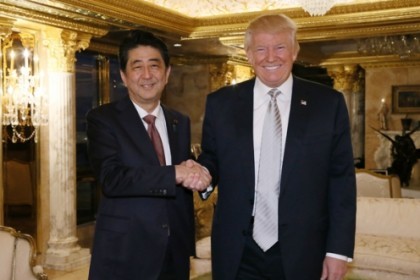 Courtesy: Wikipedia
Courtesy: Wikipedia
Trump’s cabinet has a preponderance of China hardliners, which has wider implications for the Asia Pacific region while some of its members view Narendra Modi as Reaganesque and a man of the times
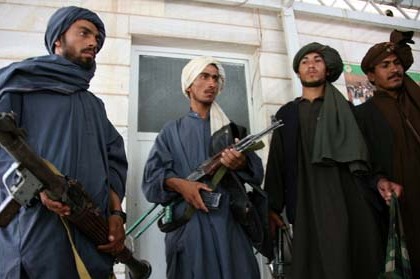 Courtesy: Flickr/ResoluteSupportMedia
Courtesy: Flickr/ResoluteSupportMedia
The Russians have concluded that the Afghan Taliban offer a better shield against the Islamic State than the old Northern Alliance. A negotiated settlement in Afghanistan could be achieved if Washington and New Delhi join Moscow, Beijing, Islamabad and Tehran in a joint effort.
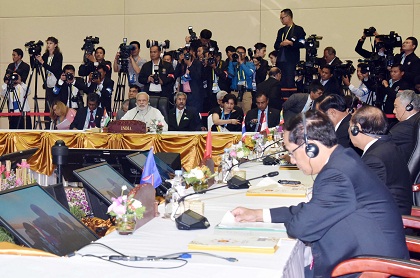 Courtesy: MEA/flickr
Courtesy: MEA/flickr
The year 2017 may change some equations in the East Asian region. Will the near parity that the U.S. and China currently share turn into a keener contest? Will strained relations between India and China persist? Donald Trump’s election as the next U.S. president casts the spotlight squarely on these inter-state relationships
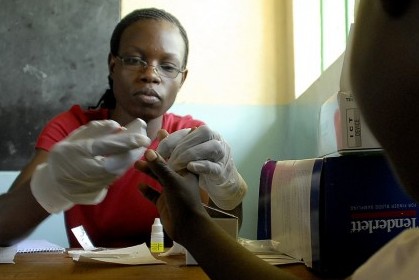 Courtesy: Flickr/U.S. Army Africa
Courtesy: Flickr/U.S. Army Africa
New Delhi now has the capacity to move beyond the basics of economic diplomacy by using the strengths of India's private sector in healthcare. Africa would welcome such an initiative, which will improve the health and development capabilities of African countries. This will also serve India’s geopolitical objectives and can precede a similar healthcare rollout to other regions
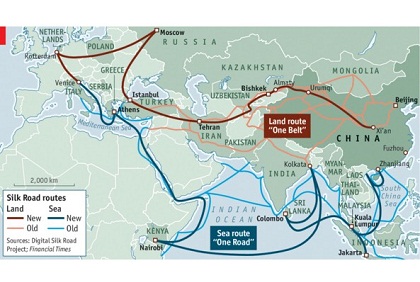 Courtesy: The Economist
Courtesy: The Economist
India may be less dependent on the Chinese market than some other countries in the region, but it too wants Chinese investment—and this ambivalence has been evident in India’s varying approach to the AIIB and OBOR. To balance this dilemma in an increasingly complex Asia, India must work with others, in particular with European countries
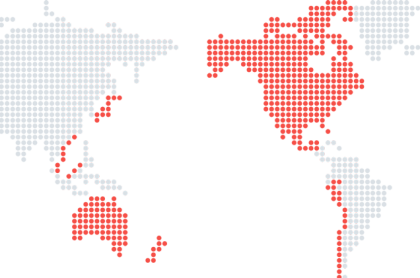 Courtesy: United States Trade Representative
Courtesy: United States Trade Representative
Amid the debate of a U.S.-centric TPP template or a China-led RCEP model, it is important to consider if such trade agreements are building blocks or stumbling blocks to global free trade. With the passage of the TPP still uncertain in the U.S. Congress, and the RCEP unlikely to be acceptable to the U.S., the more likely global trade scenario will be fragmentation
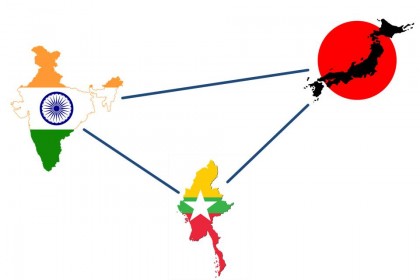 Courtesy: Gateway House
Courtesy: Gateway House
Aung San Suu Kyi paid high-profile visits to both Japan and India recently; economic cooperation would have been high on her agenda. But what could also emerge from such overtures is a diplomatic threesome
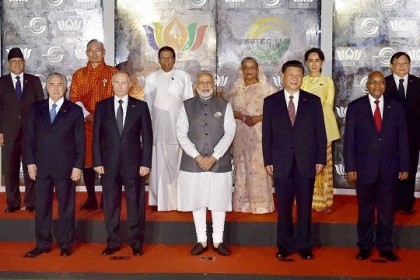 Courtesy: MEA India / Flickr
Courtesy: MEA India / Flickr
Perhaps South Block did not gain as much as it had hoped to: there was a gulf in member states’ perceptions. One takeaway, therefore, for policy makers was that while noise has its uses, it is now time for some quiet diplomacy
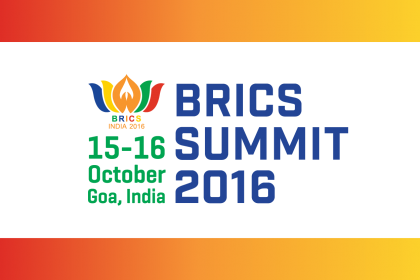 Courtesy: Gateway House
Courtesy: Gateway House
The 8th BRICS summit in Goa comes in the midst of major geopolitical events; Brexit, the U.S. elections, the South China Sea dispute, and the terror attacks in Uri. There is much need for BRICS to demonstrate to the world, its capability to manage internal differences and showcase a collective sense of cooperation
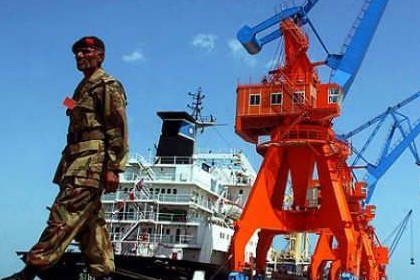 Courtesy: AP
Courtesy: AP
India’s new focus on Balochistan has more to do with the China Pakistan Economic Corridor (CPEC) than with Kashmir. China understands that CPEC may not be achievable. But there are real dangers in reviving Pakistani fears of secessionism and in broadening the field of Indo-Pakistani conflict beyond the confines of Kashmir.